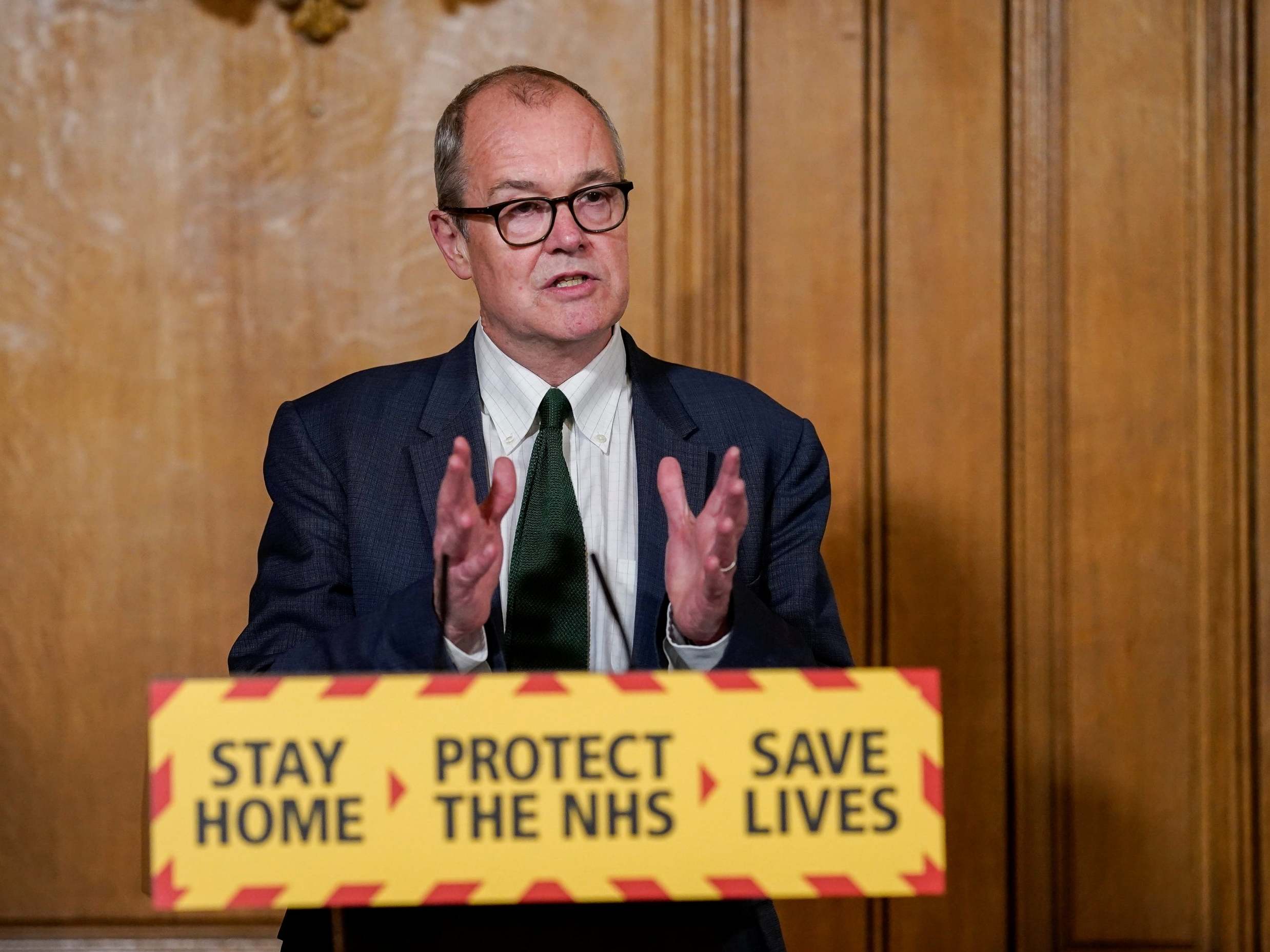Sir Patrick Vallance, the government's chief scientist, is becoming a problem for Boris Johnson
If the prime minister says he is ‘following the science’, then he and the scientists have to be saying – and be heard to be saying – exactly the same things, writes John Rentoul

Boris Johnson’s one solid defence of his record in handling coronavirus has been that he followed the advice of the scientists. Yesterday, the top scientist, Sir Patrick Vallance, appeared to blow up that defence by saying that he had advised the government to lock the nation down a week earlier than it did.
As this is bound to be one of the points of contention in the forthcoming public inquiry that the prime minister confirmed this week, Sir Patrick’s words need to be examined in some detail. The government’s chief scientific adviser, who chairs the Scientific Advisory Group for Emergencies (Sage), was giving evidence to the science and technology committee of MPs yesterday. He was asked by Graham Stringer, the Labour MP, why he didn’t respond earlier to data showing infections were doubling every three days, instead of every six or seven days: “Why didn’t you and Sage advise the government to change their attitude, because the lockdown might have happened earlier?”
Sir Patrick tried to distinguish between “lockdown” – the government order that everyone should stay at home, issued on 23 March – and the “series of steps leading up” to that decision. He said that the previous measures – case isolation, household isolation, and recommendations not to go to pubs and theatres – had produced “quite extreme” changes in behaviour. Then he said that when a Sage sub-committee “saw that the doubling time had gone down to three days, which was in the middle of March”, Sage issued the advice “that the remaining measures should be introduced as soon as possible” – adding that this was “on 18 March, or 16 March”. (You can watch that exchange here.)
Subscribe to Independent Premium to bookmark this article
Want to bookmark your favourite articles and stories to read or reference later? Start your Independent Premium subscription today.
Join our commenting forum
Join thought-provoking conversations, follow other Independent readers and see their replies